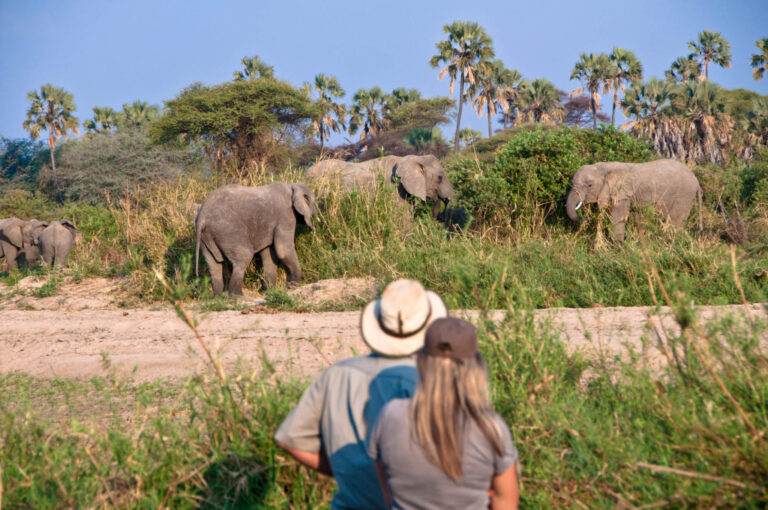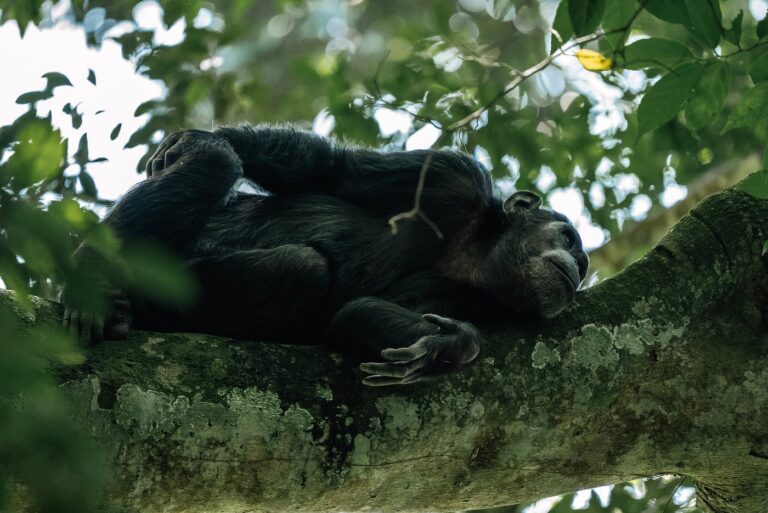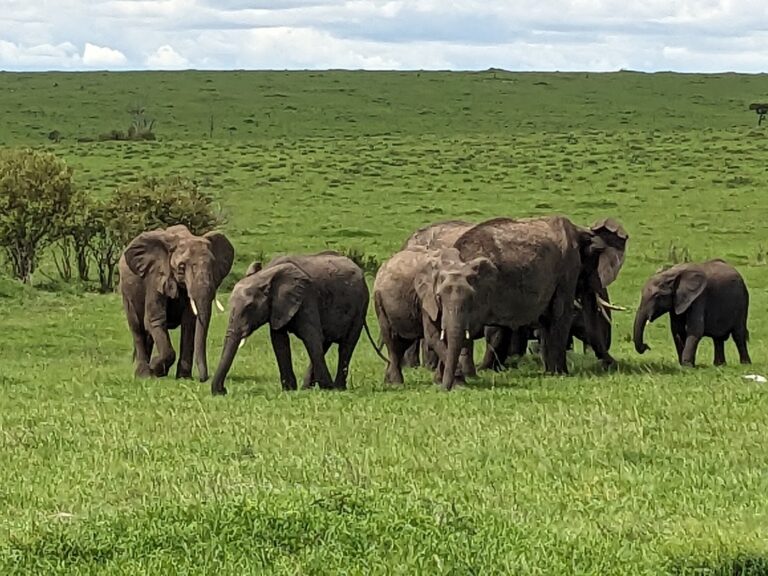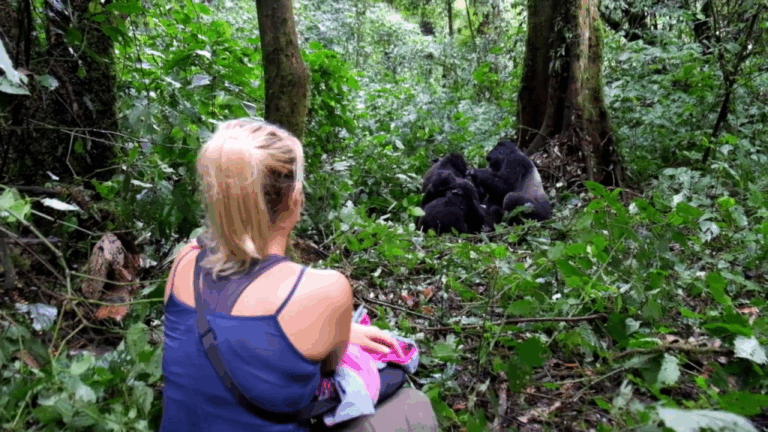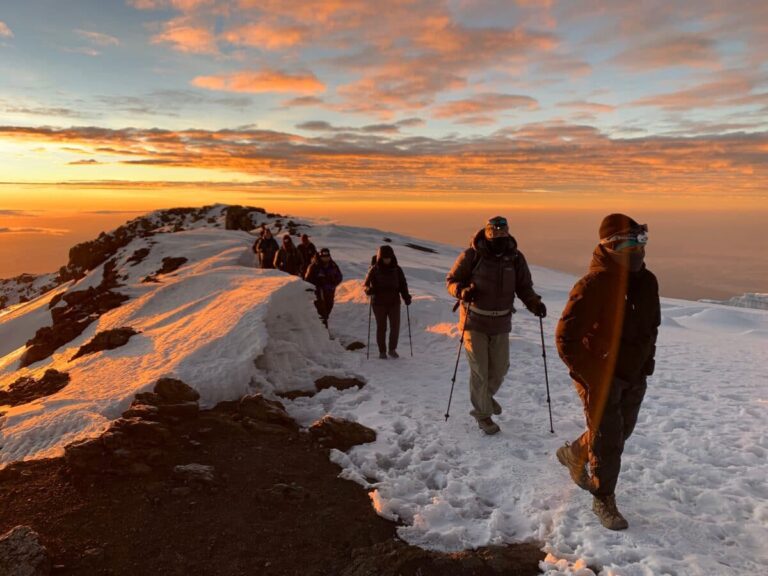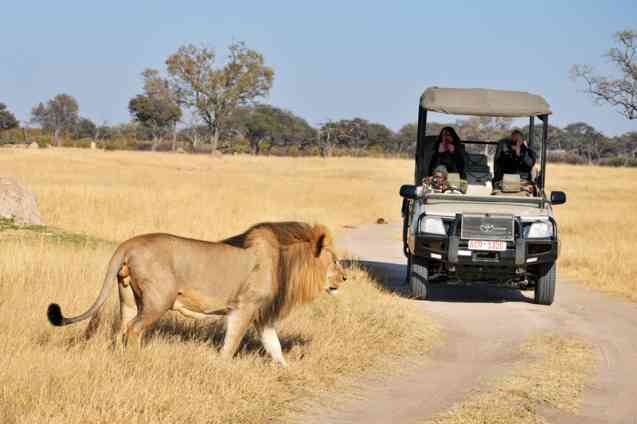Best Time for an African Safari
Planning for an unforgettable African safari can be thrilling, but timing is everything. The best time for venturing into the different natural habitats/ecosystems in the African Continent can mean a lot, which includes the difference between getting up close and personal with a few wildlife species from afar, as well as enjoying the once-in-a-lifetime opportunity of experiencing mind-blowing wildlife encounters every single day, and most importantly, closer than ever. Interesting factors such as vegetation cycles, weather conditions, wildlife migrations, and overall experiences all influence when you should go on your African safari.
In our ultimate guide, we shall explore the ins and outs of the best time to go on a safari in various countries, and the general best time for an African safari, as well as packing tips and how to custom-make your personal preferences. Whether you are yearning to experience wildlife migrations (such as the Great Wildebeest Migrations in Tanzania and Kenya, whale migrations in South Africa, to mention but a few), looking to get up close and personal with the Big Five Game, undertaking birding tours, or simply interested in photographing the dramatic landscapes, our guide will provide the necessary information required for planning a smooth and unforgettable safari.
Why it is important to know the best time for an African safari
While African safaris are possible all year round, understanding the best time for these adventures will influence your final safari experiences. For instance, usually, wildlife gather around waterholes during the dry season, hence providing more frequent sightings. Additionally, vegetation is sparser and thinner, temperatures are more pleasant, and different safari destinations are experiencing reduced downpours, which provide the ideal conditions for different activities, including game drives, walking safaris, primate walks, and others.
The wet season, which is also known as the green season, comes with its own charms. There are plenty of newborn animals, lush vegetation and scenery, fewer visitors, and a possibility of enjoying low-season rates at some accommodations. Additionally, birders love this season because it is when migratory bird species are spotted.
Region-by-region guide on the best time for an African Safari
East Africa (Uganda, Kenya, Rwanda, and Tanzania).
The best time to visit the East African region is the dry season (June to September). For Kenya and Tanzania, these months mark the climax of the Great Wildebeest Migration (involving millions of wildebeests, zebras, and gazelles) crossing between Tanzania’s Serengeti National Park and Kenya’s Masai Mara National Reserve.
For Uganda and Rwanda, this season is also perfect for primate walks, especially gorilla trekking and chimpanzee tracking, as the forest trails are drier and easier to navigate while searching for the Great Apes in their natural habitats.
The Green season, from March to May and November, comes with verdant landscapes, fewer crowds, and reduced rates at some accommodations. However, vegetation is denser, hence more difficult to sight animals, and some Park roads are literally impassable due to heavy rains.
Southern Africa (South Africa, Botswana, Namibia, Zambia, and Zimbabwe)
The best months for exploring Southern Africa are May to October because it is the dry winter season. During these months, mornings and evenings are cooler, skies are clearer, and animals are concentrated around waterholes and other permanent water sources such as rivers and Lakes.
If you are looking to visit South Africa, we recommend the months of May, June, July, August, and September when exploring Kruger National Park, and October for those yearning to experience whale watching along the pristine Coast.
For those looking to visit the Victoria Falls (Zambia and Zimbabwe), the best time to plan for an African safari is between February and May, as these are the months when there’s more majestic water flow. However, the months of June, July, August, and September are also wonderful if you are looking to combine the Victoria Falls with game safaris.
Best time to go for an African safari for specific activities
For unforgettable Big Five Game sightings, choose the months of June to September in both Eastern and Southern African safari destinations.
If you yearn to experience the Great Wildebeest Migration in Tanzania and Kenya, we recommend booking your African safari for July to September, because these months climax the river crossings, which are the most dramatic and unforgettable stage of these migrations.
If Birding is your ultimate goal of booking an African safari, then the green season, especially April and November, will be the most ideal months, as it is when migratory bird species arrive.
If you are planning for wildlife and nature photography during your African safari, then plan your visit during the green season for vibrant landscapes or the dry season for clear visibility as well as incredible wildlife sightings.
Are you planning a honeymoon safari and wondering what the best time for your African safari is? We are pleased to inform you that May, June, July, August, September, and October are the best because they present the best weather as well as romantic sunsets.
The best time for Family safaris is between July and August, then in December, with an option of choosing some of the best family-friendly Safari Lodges.
The best time for an African safari and your safari budget
When you hear about the “African safari best time”, then you know you are in for higher/peak prices. The peak season, typically from July to September and December to January, is associated with high safari costs, hence it is the most costly time of the year, especially when staying at high-end accommodations.
However, you can book your African safari in the shoulder months, especially May and November, if you are looking to lower costs. It is because rainfall levels are reducing in preparation for the dry season, thus you will enjoy wonderful wildlife viewing at a fraction of peak-season rates.
Important tips to consider when choosing the best time for an African safari
- Pack appropriately for the season: Mornings and evenings during South Africa’s winter season tend to be extremely cold, and the wet season in whatever country and destination you visit calls for a waterproof rain jacket for comfort and continuation of safari activities even amidst downpours.
- Learn how to match your interests to the season: Remember that birdlife, Big Game sightings, wildlife migrations, predator activity, and dramatic sceneries all have different perfect months to experience them.
- Research the safari destination: Seasons vary between safari destinations, hence what is best for one might not be best for another. For instance, the best time for the Masai Mara National Reserve might be different for Botswana’s Okavango Delta.
- Bookings are recommended for African safaris during the peak season, especially if you are visiting the African Continent in July and August, plus the festive season Holidays (Christmas and New Year).
Conclusively, there is no bad time for an African safari as these adventures can be enjoyed all year round. Whether you choose to visit in the busy dry season or the calmer green/low season, you will be rewarded with incredible and memorable safari experiences.

